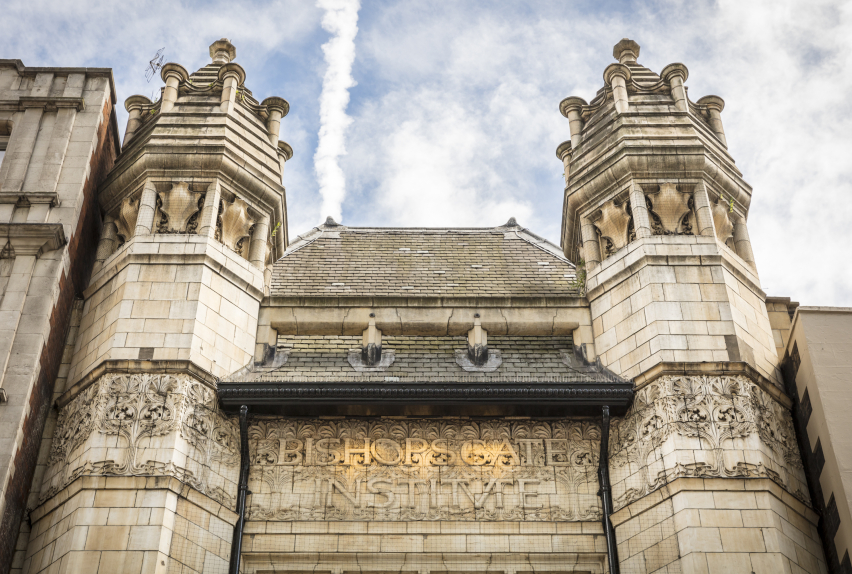Recordings from Lansbury's Labour Weekly
In 2008, Bishopsgate Library was delighted to accept a selection of papers and other material created by communist and lawyer Jack Gaster (1907-2007).
Amongst the archive were several reel-to-reel copies of four gramophone records originally distributed with Lansbury's Labour Weekly in 1927.
Lansbury's Labour Weekly
In 1912, George Lansbury, Labour MP and later Party leader, was one of the leading lights in the formation of the Daily Herald. After the paper was taken over by the Labour Party and the Trades Union Congress, he became increasingly uphappy with its less radical stance leading to him to establish Lansbury's Labour Weekly in 1925. Circulation of this new paper quickly reached 172,000 and it became an important source of information during the General Strike of 1926.
The Recordings
Due to declining sales in 1926, Lansbury's Labour Weekly decided to market a series of commercial left-wing gramophone records banned by record companies and in December released recording no.6 The March of the Workers and A Talk by George Lansbury, in a series of Labour gramophone records. These records were labelled at the newspaper's offices due to the desire to remain anonymous of the record companies who originally produced them. This makeshift production often led to mistakes and many readers often found they had received The Red Flag rather than A Talk by George Lansbury.
In 1927, the paper carried advertisments from Independent Labour Party bookshops for these Labour records. They were 10 inch double sided and priced 3s each (postage 6d), although the whole set could be purchased in a fine red case for £3.1s. Record No.1 was The Red Flag and The International and record number 6 included the original speech by Lansbury. Other records in the series included talks by Ramsey MacDonald, James Maxton and A.J.Cook, along with socialist songs sung by Rufus John and others.
In 2009, these reel-to-reel tapes were transferred to CD and electronic format by Bishopsgate Library and are now presented below. The recordings have been divided into speeches and music.
